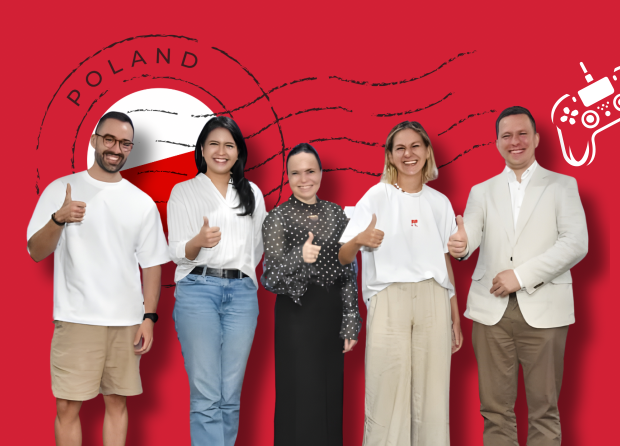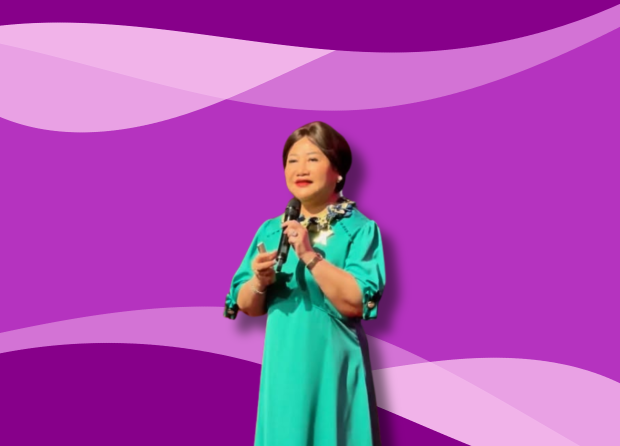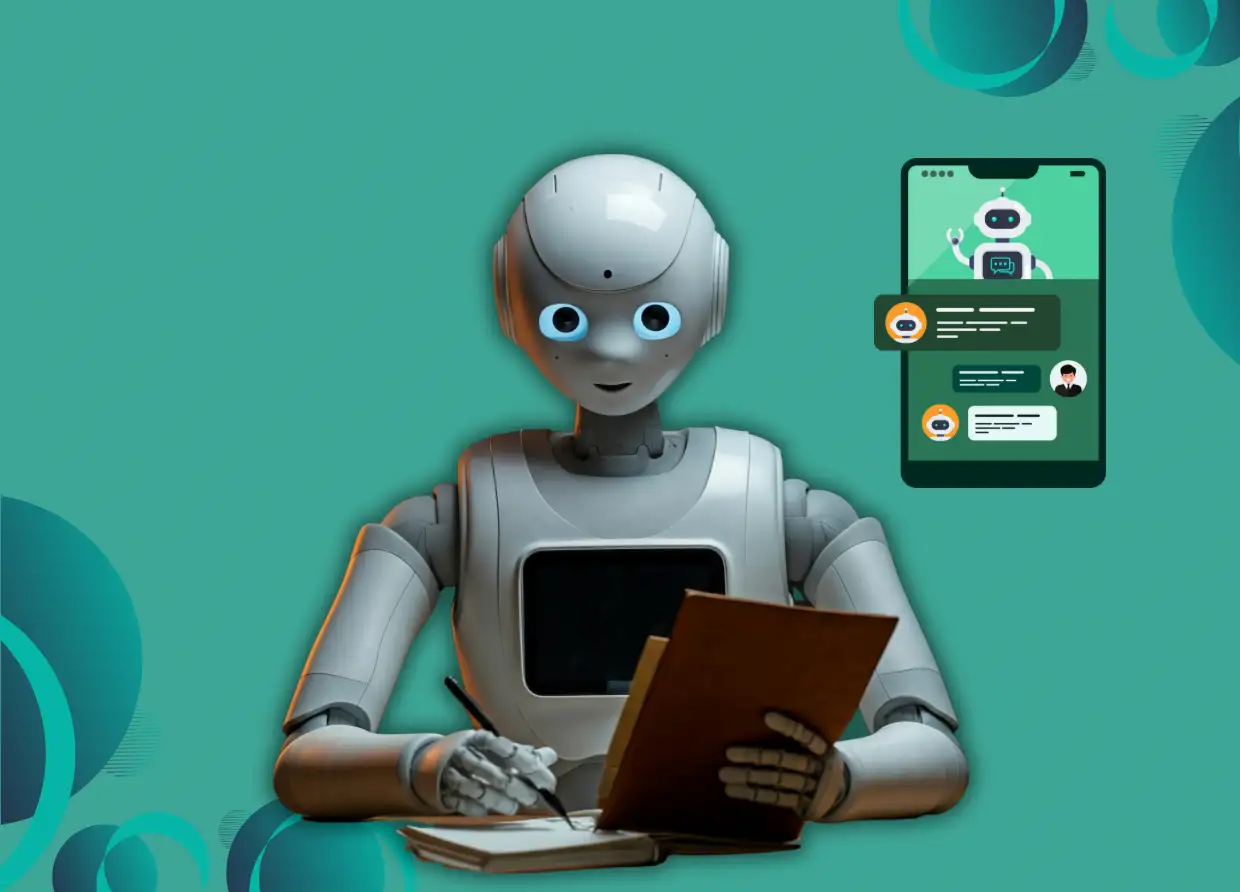UNLOCKING BETTER DECISION-MAKING: EXPERT TIPS FROM DR. JUSTYNA KUCHARSKA
Mastering Decision-Making: Expert Strategies to Overcome Cognitive Biases

In the labyrinth of daily life, each of us makes an astonishing 35,000 conscious decisions. With so many choices, distinguishing between wise decisions and poor ones can be challenging. Dr. Justyna Kucharska, a leading psychologist specializing in neuroscience and psychology, offers insights into mastering this complex process. Her class, “The Art of Decision Making,” provides a roadmap for understanding and overcoming the common cognitive biases that skew our judgments.
Dr. Kucharska highlights how our brains often work against us through cognitive biases. “Cognitive biases are simplifying strategies your brain uses,” she explains. “Life is complex, and our brains use these shortcuts to manage the overload of information. But recognizing these biases is crucial for making better decisions.”
Here are four prevalent cognitive biases and practical advice from Dr. Kucharska on how to counteract them:
1. Confirmation Bias
Confirmation bias leads us to favor information that supports our existing beliefs while dismissing contradictory evidence. For example, if you believe you’re bad at presentations, you might focus on the uninterested faces in the audience, reinforcing your negative belief.
How to Beat It: Dr. Kucharska suggests actively seeking feedback and labeling your thoughts as biased. “Confirmation bias means you’re likely to remember the disengaged faces while ignoring the interested ones,” she says. By challenging your initial perceptions, you can gain a more balanced view.
2. Sunk Cost Fallacy
This fallacy causes us to continue investing in a failing endeavor simply because of the time, money, or effort already spent. For instance, staying in a disliked job for years because of past investments exemplifies this bias.
How to Beat It: Acknowledge when an investment is no longer viable. “Recognizing a bad investment is crucial,” Dr. Kucharska advises. Make lists of pros and cons, discuss with supportive friends, and seek advice from trusted colleagues to help make the right choice.
3. Framing Bias
Framing bias affects our decisions based on how information is presented, not the information itself. For example, being passed over for a promotion might lead you to think the system is rigged, influenced by the way the situation is framed.
How to Beat It: Reframe your perspective to consider different angles. “We must always consider alternative interpretations,” Dr. Kucharska says. If you didn’t get the promotion, analyze how you can improve or approach future opportunities differently.
4. Overconfidence Bias
Overconfidence bias leads us to overestimate our abilities or knowledge. This bias often results in inadequate preparation and unexpected challenges.
How to Beat It: Combine confidence with humility by thoroughly preparing for tasks. “Ask yourself, ‘Is this confidence or is this arrogance?’” advises Dr. Kucharska. Acknowledge what you know, but prepare for what you don’t.
By becoming aware of these biases and implementing strategies to counteract them, you can transform decision-making from a trial-and-error process into a deliberate, informed practice. Dr. Kucharska’s insights offer a valuable guide for navigating the complex landscape of daily choices more wisely.
#THE S MEDIA #Media Milenial #decision-making #cognitive biases #confirmation bias #sunk cost fallacy #framing bias #overconfidence bias #Dr. Justyna Kucharska #psychology #neuroscience #decision-making strategies #personal development #professional growth #overcoming biases #decision-making skills #mental shortcuts #expert advice


























